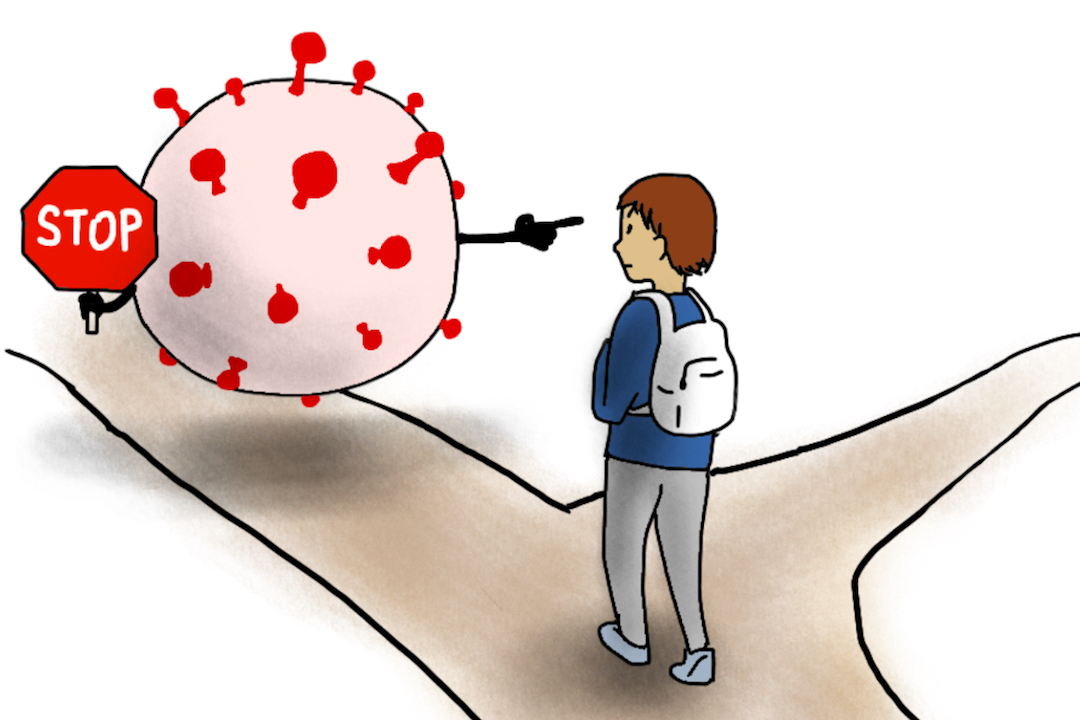The pandemic saw companies letting go of workers and cutting down on hiring to cut costs. The fact that the economy is improving is creating a new trend in the labour market: people are returning to work with a renewed confidence in the job market, which could lead to workers quitting unsatisfying jobs.
As we slowly return to the in-person working environments that existed before COVID-19, employees may return with a modified perspective of their jobs, either because they’re reevaluating their calling in life or because they simply see themselves as worthy of more.
A changing labour landscape
Andrew Agopsowicz, a senior economist at RBC Economics, commented on the current labour market’s recovery in a Financial Post article that pointed out how improving economic conditions and reduced levels of uncertainty have been providing people with more faith in the job market. “People are once again willing to quit if unsatisfied with their current positions — among the clearest signs that confidence in the labour market recovery is firming,” he wrote.
The amelioration of the pandemic also brought about a desire for more in-person work. Service industries such as education, retail trade, and accommodation and food services experienced an increase of 279,000 jobs.
Regardless of the circumstances, everyone should carefully evaluate how they are making ends meet and spending their time. I stand by the belief that we should never forgo the opportunities that a crisis like a pandemic can provide. The pandemic blurred the lines between being a metaphorical and literal pause in our daily lives. It forced the world out of its routine and pushed people off their hamster wheels of habitual, repetitive choices, allowing them to re-evaluate the choices they make about their lives.
Future career expectations
For the longest time, I wanted to pursue a career in communications and media production — until my International Baccalaureate Economics class spawned my interest in the business sector. I cannot function without plans and detailed schedules, so I was reluctant to change my five-year plan of studying communications at the drop of a hat.
I slowly explored the fields of marketing and sales through an internship, which I thoroughly enjoyed. I started to look more into business and investing, and seeing a rise in sustainable business practices made me hopeful that I would be able to find a cross section between business and ethics that I could see myself working in. I saw that the prospect of making a significant, positive impact in the world through an economic lens was achievable.
Still, I could see a future for me in media communications, having enjoyed my heavy involvement in media teams and production throughout my secondary education. A decision I thought would be sorted out by my senior year in high school only became more complicated; indecision bled through my university applications as I haphazardly applied for both economics and communications programs.
It was only during the pandemic that I made a concrete decision about what I wanted to study.
Plot twist: a pandemic
A lot of our future is determined by very meticulously thought-out processes and decisions, but a surprising amount of it is also rooted in uncontrollable circumstances. Living through — bear with me — unprecedented socioeconomic times made my abstract interests more real. After witnessing an economic crisis in real time due to the pandemic, I developed an urge to understand the world through an economic lens.
This epiphany only grew more concrete throughout March 2020, when I found that reading my dad’s copies of business owners’ biographies heightened my interest in running a business. At the same time, I saw my dad completely rethink the way his own company was operating. In these hard times, he found his footing on an improved, sustainable path that could only have been paved under these extraordinary circumstances. Seeing how businesses were able to adapt so quickly and effectively instilled faith in me that the economy is an ever-evolving spectacle in which I could also build a career.
Crisis evaluation
The pandemic brought an immeasurable amount of pain and suffering to the world, but it also brought about revelations, new hobbies, and new ways of living. I still think I could have gone toward either of my original career directions: the world of film seems as captivating to me as that of finance. But if I hadn’t seen the world adjust to the conditions imposed by the pandemic, I could be pursuing a completely different career. Without those moments of chance, I could very well be cramming on colour theory instead of macroeconomic theory.
We definitely don’t need another pandemic to make decisions about our career paths and learn to adapt. What we can take away from this pandemic is that we always need to be doing so, regardless of external circumstances.
While any change can be time-consuming and tiresome for a number of reasons, we owe ourselves the chance to learn and grow as much as we can. As my dad has always told me, “Never forgo the opportunities a crisis can provide.”


